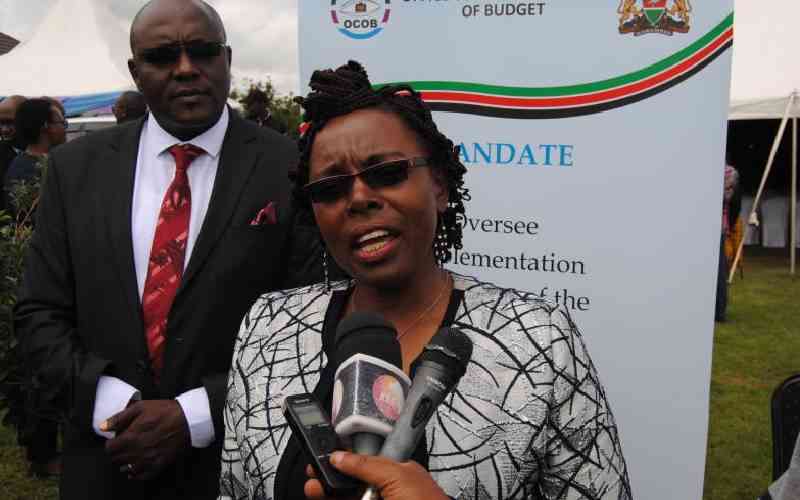×
The Standard e-Paper
Smart Minds Choose Us

The National Government delayed paying pending bills of up to Sh49.24 billion in the 2021/2022 Financial Year, according to the Controller of Budget.
Controller of Budget Dr Margaret Nyakang'o in the National Government Budget Implementation Review Report 2021/2022 said the total outstanding Ministries, Departments, and Agencies pending bills stood at Sh49.24 billion, while State Owned Enterprises (SOEs) amounted to Sh448.6 billion.